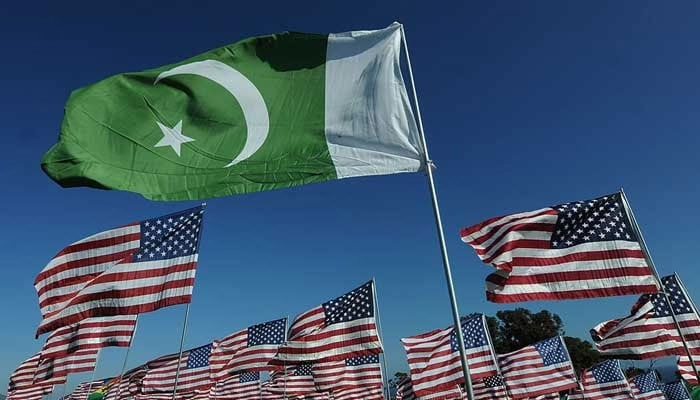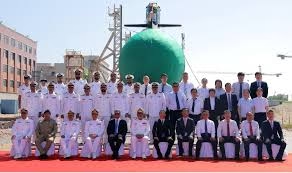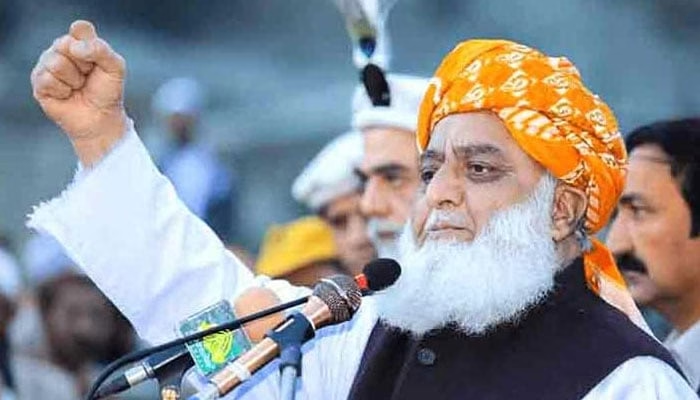In a significant diplomatic shift, India has lodged a formal protest with the United States following a private lunch meeting between former US President Donald Trump and Pakistan’s military chief, Field Marshal Asim Munir. The meeting, which took place at the White House without any civilian Pakistani representation, has caused diplomatic ripples, with Indian officials warning Washington that such engagement risks straining Indo-US relations, especially as New Delhi seeks to recalibrate its ties with China amid evolving regional dynamics.
According to three senior Indian officials who spoke to Reuters on condition of anonymity, the Trump-Munir meeting came at a particularly sensitive time—just weeks after a brief but intense military conflict between India and Pakistan over a deadly attack on Hindu tourists in Indian Illegally Occupied Jammu and Kashmir (IIOJK). The meeting signaled a renewed US interest in Pakistan’s military establishment, which India perceives as a major supporter of cross-border terrorism.
Concerns Over Pakistan’s Military Role
India has long accused Pakistan of backing militant groups that operate across the border and has expressed frustration that Washington is sending “the wrong message” by re-engaging so closely with Islamabad’s military leadership. Pakistan has repeatedly denied these allegations, insisting that India has failed to provide concrete evidence of any state-sponsored terrorism.
Field Marshal Asim Munir’s visit to the White House marked a diplomatic milestone—it was the first time a US president had hosted a Pakistani army chief unaccompanied by any civilian leader. This unprecedented engagement has left Indian officials deeply uneasy, fearing that increased US military cooperation with Pakistan could destabilize the region and tilt the power balance.
Indian Foreign Minister Subrahmanyam Jaishankar expressed outrage following the earlier Kashmir attack, stating, Tourists were murdered in front of their families after ascertaining their faith. Indian officials have made it clear to the US that cross-border terrorism remains a red line and such engagements could jeopardize strategic cooperation between the two nations.
Impact on Indo-US Relations and Trade Talks
Although the United States and India have seen their relations flourish over the last two decades, the current developments pose serious challenges. Michael Kugelman, a senior fellow at the Asia Pacific Foundation, notes that Trump’s erratic diplomacy, especially his overtures toward Pakistan, has triggered a sense of bilateral malaise between Washington and New Delhi. This time, it’s not just about defense cooperation. Trump’s unpredictability is spilling over into trade,he added.
Indeed, ongoing trade talks have seen setbacks, with India recently proposing retaliatory tariffs at the World Trade Organization—a signal that economic ties are also under pressure. Prime Minister Narendra Modi, who once shared strong public camaraderie with Trump, even declined a recent invitation to visit Washington following the G7 summit in Canada. These developments suggest a growing discomfort in India’s top leadership over Trump’s foreign policy moves.
India’s Strategic Shift Toward China
Amid these tensions, India appears to be hedging its bets by warming up its long-frosty relationship with China. The Indian government has shown signs of softening investment restrictions on Chinese entities—measures that were initially implemented following the deadly 2020 border clash in Ladakh. Jaishankar recently visited Beijing, his first official visit since the standoff, signaling a cautious diplomatic thaw.
Foreign policy experts suggest this recalibration may be driven by concerns over Trump’s unpredictable stance on China and the potential for a US-China rapprochement. With an unpredictable dealmaker in the White House, New Delhi cannot rule out a scenario where Washington and Beijing strike a deal that sidelines Indian interests,explained Christopher Clary, a political science professor at the University at Albany.
Harsh Pant, head of foreign policy at the Observer Research Foundation, echoed similar views. India’s outreach to China seems to be mutual. Beijing is also showing interest in easing tensions, he said. This realignment is particularly important as India seeks to counter growing Chinese influence in its neighborhood, including in countries like Bangladesh and Sri Lanka.
The Trump-Munir meeting has triggered a complex chain reaction in South Asia’s diplomatic landscape. While Washington insists that its bilateral ties with India and Pakistan are not mutually exclusive, New Delhi’s growing unease suggests otherwise. With both military engagement and trade negotiations affected, India is rethinking its strategic options—including a possible détente with China. In an era defined by multipolar diplomacy and unpredictable leadership, the Indo-US relationship faces one of its most delicate tests in recent memory.



